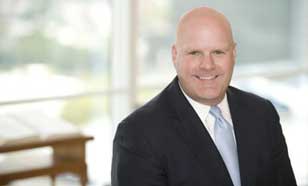Attempting to fit a summary of the entirety of the Delaware Court of Chancery’s recent 214-page opinion in OptimisCorp v. Waite, C.A. No. 8773-VCP (Del. Ch. Aug. 26, 2015), within the editorial restrictions of this publication would be an exercise in futility. Certain aspects of the opinion can be treated in this space, like the court’s analysis of litigation misconduct, which included allegations of witness tampering and bribing. Allegations of this type are rare in Delaware. What the conduct was and whether it merited a remedy is not as important as the court’s analysis in formulating the relevant standard, its search for precedent to provide it guidance and the ultimate remedy awarded.
As hinted at, the court first had to determine the appropriate standard of review. The court first noted that despite extensive post-trial briefing, none of the parties had articulated a clear standard to evaluate the challenged conduct. The defendants argued that because the main plaintiff was an inactive Delaware lawyer, his conduct should be examined under the Delaware Lawyers’ Rules of Professional Conduct. This argument, however, runs counter to the express instructions of the Delaware Supreme Court that the Supreme Court alone has exclusive responsibility for governance of the bar. What, then, can a trial court do?



